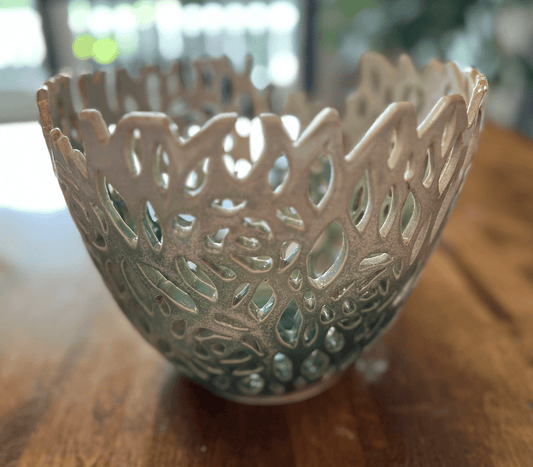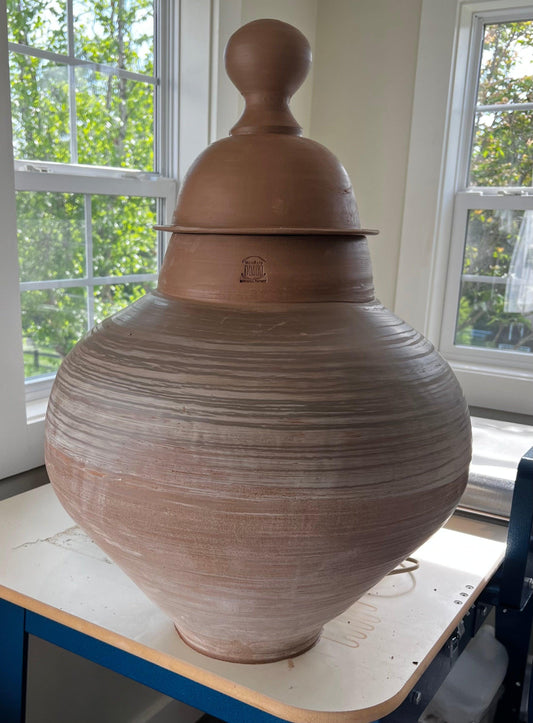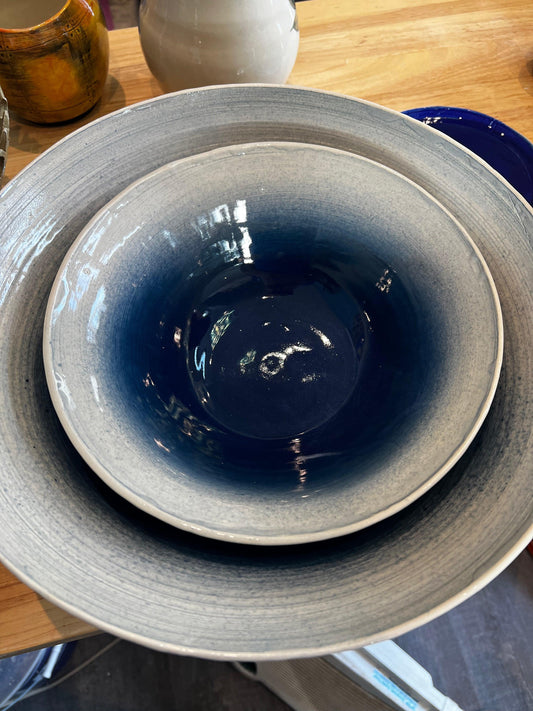
How to Choose the Right Pottery Tools and Equipment
Are you just starting out in the world of pottery and feeling overwhelmed by all the different tools and equipment available? Don't worry, you're not alone! Choosing the right tools and equipment can be a daunting task, but with a little bit of knowledge, you'll be able to make informed decisions and create beautiful pottery in no time.
When it comes to pottery, having the right tools and equipment can make all the difference. Not only will it help you achieve your desired results, but it will also make the process more enjoyable and efficient. Here are some more tips to help you choose the right tools and equipment for your pottery journey:
-
Determine your goals: Before you start shopping for tools and equipment, it's important to have a clear idea of what you want to achieve. Are you planning on making functional pottery like bowls and cups, or more decorative pieces like sculptures? Knowing your goals will help you determine which tools and equipment you'll need.
-
Start with the basics: If you're just starting out, it's best to start with the basics. A pottery wheel, clay, and basic tools such as a rib, loop tool, wire and sponge are essential for any potter. Once you've got the basics covered, you can start to add more specialized tools like jiggering and jolleying tools. Consider what type of pottery you want to make and the tools that will be most useful for your project. For decorating pottery you might need to consider getting some brushes and other art supplies to help with your creative process.
-
Consider quality: When it comes to tools and equipment, quality is key. Investing in high-quality tools and equipment will save you money in the long run as they tend to last longer and perform better.
-
Get the right kiln: A kiln is essential for firing your pottery. There are different types of kilns available, such as electric, gas, and wood-fired. Consider your space, budget and your goals before making a decision. Also consider safety issues with where you might put the kiln. Follow the manufactures guidelines when looking at a kiln.
-
Understand the different types of clay: Clay is the foundation of pottery and it's essential to understand the different types available and their properties. For example, earthenware is a low-fire clay that is suitable for beginners, while stoneware is a higher-fire clay that is more durable and suitable for functional pottery. Researching and understanding the different types of clay will help you make the right choice for your project.
-
Invest in a good pottery wheel: A pottery wheel is a vital piece of equipment for any potter. When choosing a wheel, consider the size, weight, and portability. If you're just starting out, a smaller and more affordable wheel may be a good option. But as you progress and develop your skills, you may want to consider upgrading to a larger and more advanced wheel. Also consider what you aim to throw buying a wheel that can only manage 50Lb weight might be good to start off with but if your goal is to throw big pots then you may have additional costs in the future.
-
Think about safety: Safety is important when working with pottery. Make sure you have the appropriate personal protective equipment such as gloves, safety glasses, and a dust mask. Clay and glazes dust can cause very serious health issues so always make sure that you wear protective equipment to maintain a long and happy life with clay.
-
Don't skimp on glazes: Glazes are used to give pottery its color and finish. Quality glazes are essential for a professional-looking finish. Invest in good quality glazes and experiment with different colors and finishes to achieve the desired results.
In addition to these tips, it's important to remember that pottery is a process and you will learn and grow as you go. You will have to experiment with different tools, equipment, and techniques to find what works best for you. As you continue to practice and refine your skills, you will be able to make more informed decisions on what tools and equipment to invest in.
